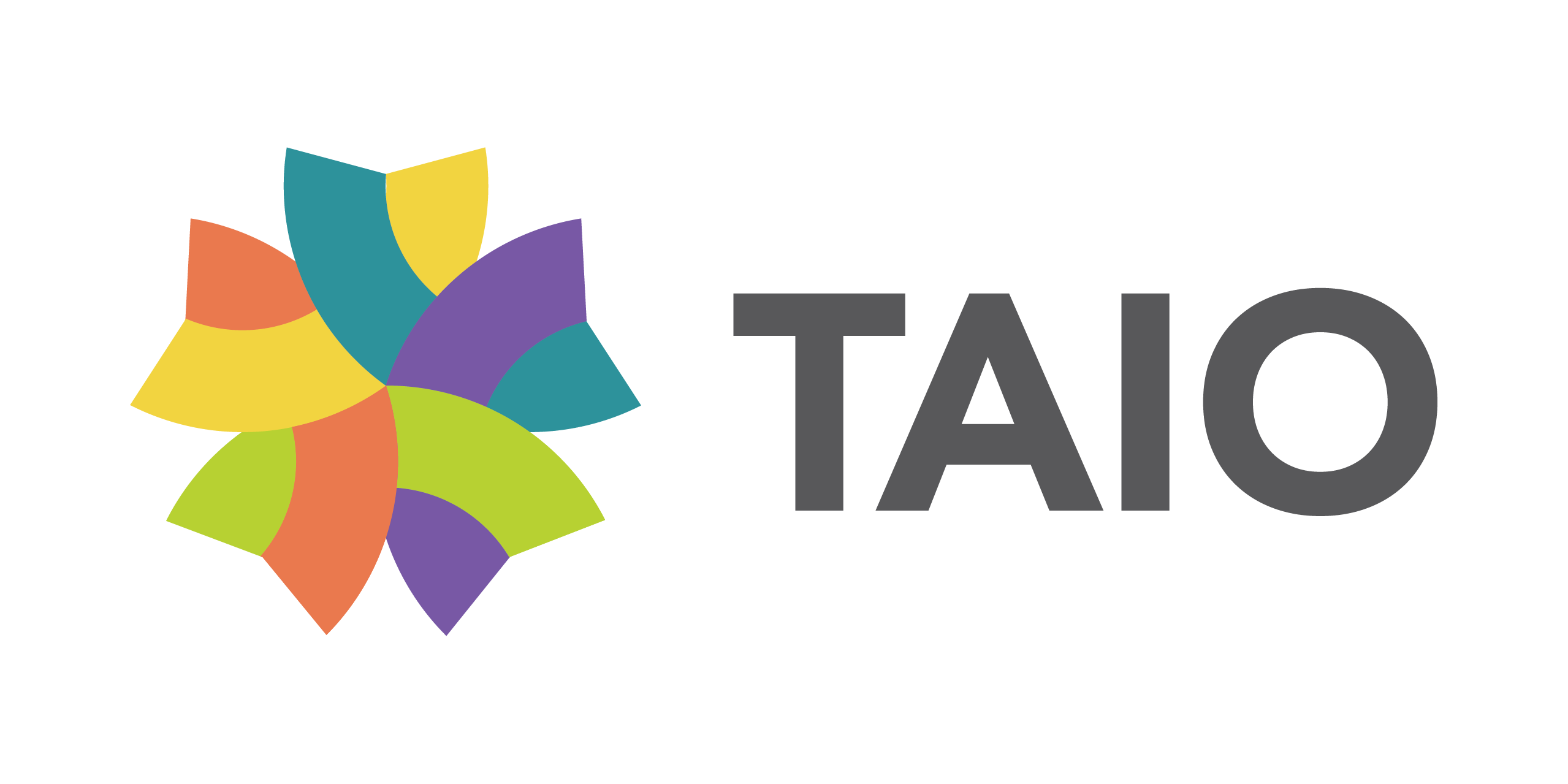Running a home health care business feels like a relentless amount of work.
The passion is there, the resources are there, but daily challenges stack up: staff shortages, rising operational costs, frequent compliance updates, all while providing your patients with high-quality care.
It’s not about whether you’re doing enough, but about “Is doing everything still sustainable?”
The smartest move is not always to do more, but to delegate better. Outsourcing key support roles cuts labor and production costs. It eases staffing strain, improves compliance and frees up time for leadership and patient care.
Here are the best roles to outsource, mapped in the order they affect your workflow and operations.
On this page
Key Takeaways
Smooth operations depend on the right roles doing the right work. Key administrative tasks, like billing and QA, keep your business process clean and revenue cycle moving.
When critical operational roles break down, it affects your entire business, leading to delayed admissions, compliance gaps, denied claims and disrupted cash flow.
The right outsourcing partners keep your team focused, give you space to work on high-value tasks and enable personalized services.
Authorization Specialist: Starting Point of Your Home Health Care Business Process
Authorization specialists are the starting point of patient care.
Without them, nothing moves forward.
Before a visit, they ensure that the necessary boxes are checked. They obtain prior approvals from payers, coordinate with health care providers and physicians and track documentation so your medical professionals can start care without delays.
They are the bridge between referral and care — and the flow stops without them.
Key responsibilities include:
- Requesting and tracking prior authorizations
- Following up with payers, doctors and referral sources
- Reviewing documentation requirements by the payer
- Submitting and appealing denied authorizations
- Keeping compliance with insurer and regulatory timelines
When this role is missing or mismanaged, here’s what happens:
- Delays in approvals postpone the start of care
- Clinicians sit idle or get pulled into administrative tasks
- Referral sources lose confidence in your turnaround time
- Payers deny claims due to missing or late authorizations
- Revenue cycle management lags behind your patient pipeline
Patient Intake Specialist: Streamlining Referrals and Insurance Verification
Patient intake specialists engineer your operations’ flow.
They’re the first point of contact between your agency and incoming patients and set the tone for everything that follows. They provide access to critical patient data, setting a strong foundation for the industry standard of care.
An intake specialist ensures that referrals are processed quickly, patient information is accurate, insurance is verified and documentation is complete, often within strict timelines and across multiple time zones, serving as one of the main advantages of an effective home health care agency.
Key responsibilities include:
- Following up on referrals and inquiries
- Verifying insurance and eligibility to ensure compliance from the first point of entry
- Coordinating with physicians for certifications to support informed decisions
- Collecting and organizing pre-admission paperwork
- Logging data into your EHR system
- Managing administrative tasks to support smooth business processes
When this role is stretched thin or handed off to an already-overloaded staff, everything slows down:
- Referral follow-ups stop
- Insurance verifications take longer
- Documentation gets delayed
- Admissions are pushed back
- Patients wait longer or walk away, hurting patient satisfaction
- Revenue cycle management and cash flow begin to slip
Medical Quality Assurance (QA) Professional: Safeguarding Compliance and Cash Flow
QA Specialists are your last line of defense before claims go out.
They carefully review clinical documentation to catch errors before payers do, helping with troubleshooting errors to protect your business operations and strengthen your company. QA specialists ensure that every chart meets payer requirements, regulatory standards and internal benchmarks.
Key responsibilities include:
- Auditing clinician documentation for accuracy and completeness
- Ensuring visit notes align with orders and care plans
- Flagging inconsistencies before billing or submission for smooth business operations
- Coordinating with clinicians for corrections or clarifications
- Monitoring ongoing compliance standards from CMS and payers
When your QA is proactive and well-trained:
- Your errors get caught early, preventing costly rework and claim denials
- Your documentation flows smoothly, freeing billing teams to focus on revenue
- Your cash flow improves, minimizing audit risks and penalties
- Your reimbursements come faster, boosting cash flow and strengthening company credibility
Medical Coders: Key to Accurate Billing in Home Health Care Outsourcing
Medical coders are the backbone of clean claims and fast reimbursement.
They come in right after QA, converting clinical data into ICD, CPT and HCPCS codes for diagnoses and procedures, collaborating with medical professionals to maintain a strong company culture.
Key responsibilities include:
- Reviewing and interpreting clinical documentation
- Assigning accurate ICD, CPT and HCPCS codes
- Ensuring compliance with payer and regulatory coding guidelines
- Coordinating with clinicians to clarify incomplete or ambiguous records
- Conducting internal audits and responding to payer reviews to support revenue cycle management
Every time a code is off, somebody pays for it; usually, it’s you.
Here’s how that plays out in real agency operations:
- A mismatched diagnosis and procedure code causes all claims under that treatment plan to be held, delaying over $40K in revenue.
- Upcoding or vague documentation triggers a probe audit, and now you’re rewriting visit notes and justifying every claim to CMS.
Medical Billing Specialist: Ensuring Timely Payments and Optimized Cash Flow
Medical Billers protect your revenue at its most vulnerable point.
They take over after coding, submitting claims to payers that determine what (and when) you get paid, playing a critical role in reducing operational and overhead costs.
Key responsibilities include:
- Submitting high-stakes claims tied to codes, authorizations and service logs
- Resolving denials, underpayments and claim rejections to protect revenue
- Reconciling payments and chasing missing dollars across payer systems
- Managing patient billing with transparency, speed and zero ambiguity
Strong vs. Weak Medical Biller
|
Strong Medical Biller |
Weak Medical Biller |
|
Has expertise and a strong focus: Submits clean, complete claims that sail through approvals |
Sends unverified claims that trigger denials and delays, increasing operational costs |
|
Supports business operations and improves cash flow: Follows up on every underpayment and rejection without missing a beat |
Lets revenue slip due to slow or nonexistent claim follow-up, hurting patient satisfaction and company culture |
|
Good communication skills: Turns complex billing into a smooth, transparent process for patients |
Creates confusion, complaints and distrust with poor communication, risking your business process reputation |
Order Management Specialist: Coordinating Accurate and Compliant Care Orders
Order management specialists turn fragmented, unclear orders into approved, billable actions.
They take after billing, leverage the latest technology to validate and manage physician orders for visits, medications, supplies and services.
Key responsibilities include:
- Receiving, verifying and processing physician orders
- Confirming all orders are properly authorized and documented
- Coordinating updates or clarifications with providers
- Ensuring orders align with care plans and regulatory standards
- Tracking order execution and timely renewals
When orders fall through, care falls apart, leading to risks in patient satisfaction and business operations.
Here’s how that looks in real agency operations:
- Billing submits claims assuming orders are in place. The clearinghouse rejects them due to unsigned documents.
- QA rushes to reconstruct care episodes, but the ordering physician is no longer available. No signature, no fix.
- Meanwhile, visits continue under expired or incorrect orders; each one has a compliance risk you can’t walk back.
PCP Call-Out Specialist: Bridging Communication for Health Care Providers
Primary care physician (PCP) call-out specialists secure the physician’s signature, or the visit doesn’t happen.
Call-out specialists are critical service provider roles that close the loop between your company and the primary care physicians, improving access to accurate and updated physician instructions. They track down signatures, clarify ambiguous instructions and ensure physicians respond fast, so your clinicians don’t lose time chasing faxes and voicemails.
Key responsibilities include:
- Contacting PCPs for verbal or written order confirmations
- Following up on unsigned or pending physician documents
- Clarifying missing or ambiguous instructions on referrals
- Logging and updating communication records in the EHR
- Coordinating with intake, orders and field staff for seamless care flow
PCP Coordination in Real-Life: Closed Loop vs. Broken Loop
| Closed Loop | Broken Loop |
| PCP signs within 24 hours, giving your company faster access to approved orders. | No follow-up. No use of industry best practices. Order unsigned. Visit is delayed or canceled, creating financial loss for businesses. |
| First visit happens on schedule, ensuring business continuity and patient satisfaction. | Vague instructions remain unclear before care starts. Nurse shows up confused, unclear orders and stuck documentation. |
| Signature renewal is tracked and completed before expiration. | Order expires mid-care, visits continue unbillable, hurting businesses and cutting off vital access to payments. |
| All calls are logged in the EHR. QA and Billing stay in sync, giving leaders real-time access to data. | Verbal OK lost in the inbox. QA holds it, billing flags it and the delays stack. |
Clinician Recruiter: Accesses Global Talent for Your Home Health Care Team
Clinician recruiters fuel the workforce that delivers your care.
After the call-out specialist seals the order, someone has to carry it out, and that only happens if the right clinician is available, credentialed and ready. The recruiter makes that possible, quietly, consistently and under pressure.
They match the right job title to the right person, aligning skills with your company culture and patient care standards.
Key responsibilities include:
- Sourcing licensed and qualified RNs, PTs, OTs
- Screening for availability, fit and regulatory readiness
- Coordinating with credentialing and onboarding teams for fast deployment
- Tracking resignations, availability gaps and forecast needs
- Maintaining a steady pipeline of potential hires for in-house teams
- Applying feedback mechanisms to improve recruitment processes
If clinical recruitment fails, this is how it impacts your timeline:
Ex: An RN resigns without notice. Staffing gaps begin to affect scheduling, compliance and patient outcomes.
- Day 1 — The resignation hits. Schedulers scramble to reassign patients. No fallback candidates are available.
- Day 3 — Patients are rescheduled or assigned to overextended nurses. Missed visits begin to accrue.
- Day 7 — Documentation delays surface. QA flags incomplete or late charting tied to coverage gaps.
- Day 14 — Payers issue warnings. Surveyors request justification for missed visits. Compliance risks compound.
- Day 21 — The agency’s reputation takes a hit. Staff morale drops. The cost of last-minute hiring surges.
Medical Transcriptionist: Transforming Clinical Dictation into Billable Documentation
Medical transcriptionists transform recordings into clear, billable and compliant documentation.
Once the right clinician is in the field, every word they speak needs to be captured, structured and turned into billable documentation. That’s where the medical transcriptionist steps in. When transcription is fast and accurate, QA flows, billing moves and audits pass.
Key responsibilities include:
- Transcribing clinician dictations into structured clinical notes
- Ensuring accuracy in diagnosis, treatment and medication details
- Formatting records to meet agency and payer documentation standards
- Flagging inconsistencies, errors or ambiguities in clinician input
- Delivering timely transcripts to support QA, billing and compliance
Accurate vs. Inaccurate Transcription in Real Operations
Accurate Transcription | Inaccurate Transcription |
“Patient ambulates with walker, no fall risk noted.” is documented as stated. | “No fall risk” was missed. Now flagged as non-compliant during audit. |
Medication names and dosages are transcribed exactly. | Transcriber mishears, wrong dose. The clinician catches it late. |
Therapist notes are clearly documented for billing. | Documentation inconsistent. Claim denied. |
Transcriptionist flags unclear terms and gets clarification. | Guessing on unclear audio. The record is inaccurate and risky. |
Credentialing serves as the last line of your defense.
This role verifies the legal right to deliver care. Without accurate, up-to-date credentialing, even your best clinicians can become compliance risks, and your agency, a target.
Key responsibilities include:
- Verifying active state licenses, certifications and background checks
- Managing payer enrollments and revalidations
- Tracking renewals and expirations in real time
- Updating credentials across EHR, HRIS and compliance systems
- Coordinating with HR, scheduling, and clinical teams for deployment
Miss a credential, and the whole system feels it.
Scenario:
A nurse’s license expires. An overloaded credentialing team misses it. She keeps making visits, unaware.
This is what happens:
- Unlicensed visits are rendered non-billable
- Clinical documentation cannot be finalized
- Reimbursement cycles are delayed or denied
- Provider network integrity is called into question
- Payers initiate a compliance investigation
The Main Advantages of Home Health Care Outsourcing in your Business Process
The real advantage of home health care outsourcing is smarter resource allocation.
It’s about knowing exactly which roles, from authorization to credentialing, drive compliance, communication and continuity on track.
When specialized knowledge is matched to the right role, you keep revenue flowing, reduce delays, and give your in-house teams more capacity to deliver exceptional care.
That’s how you can stay agile, compliant, competitive and sustainable.
Frequently Asked Questions
Start with your operational pain points. If authorizations are delayed, revenue cycle management is inconsistent or clinical staff spend more time on administrative tasks than patient care, those are clear red flags. Outsourcing partners or BPO companies with specialized skills can take on these functions, helping you reduce costs, protect cash flow and keep your in-house teams focused on delivering high-quality care.
Relying solely on in-house employees for every role often leads to burnout, higher labor and production costs and missed compliance deadlines. As patient volumes grow, so do the demands on your business operations. Without the right outsourcing strategy, you risk revenue loss, operational bottlenecks and a drop in patient satisfaction. Partnering with a trusted outsourcing company ensures you have the right expertise while controlling overhead costs.
Absolutely. When outsourced teams with specialized knowledge handle tasks, your medical professionals can focus on patient care instead of paperwork. This not only boosts patient satisfaction and ensures compliance but also streamlines business processes, reduces delays and strengthens your company’s ability to deliver consistent, high-quality home health services.




